PT For Hysterectomy? Yeah, We Do That
THE PROCEDURE
Hysterectomy, or the surgical removal of the uterus, is the second most common surgery performed on women in the United States, after cesarean deliveries. The ACOG (American College of Obstetrics and Gynecology) describes a hysterectomy as a treatment of last resort, however, the US has the highest rate of these surgeries performed in the industrialized world with approximately 600,000 hysterectomies performed each year. It is a common surgery, and physical therapy can play a helpful role both in preparing for surgery and in optimizing your recovery.
WHY REMOVE IT?
Current protocols for women’s health support hysterectomy as a potential treatment for the following: cancer, fibroids, abnormal/heavy bleeding, pelvic support issues such as pelvic organ prolapse, and endometriosis. While clinically we know there may be many viable alternatives to having this procedure, unfortunately many women opt for this significant intervention due to a lack of information and knowledge of alternatives within both the public and medical communities. We understand the difficulties women face when considering a hysterectomy. There is nothing “simple” about deciding to pursue surgery, and it is often a long and arduous journey, both emotionally and physically.
HOW CAN PT HELP: KNOWLEDGE IS POWER!
As with any surgery, the more information you have, and the better your health going into the procedure, the better your outcome is likely to be. Before surgery, your PT will help you optimize your pelvic health, learn breath techniques, improve your muscle strength and tone, discuss nutrition and bowel health, as well as help you understand the support you’ll need around the home, and learn post-surgery strategies to help with recovery. Remember, even when done laparoscopically with small incisions, a hysterectomy is still a major abdominal/pelvic surgery! After surgery: We aim to help you be you again! That may mean guidance in returning to exercise, making sure you return to normal bladder, bowel and sexual health, and providing any needed therapy for your scars or other tissues, along with answering any other questions that arise along the way. We take the time to help you discuss your best strategies to meet your needs in recovery and in the future, including how rapidly fluctuating hormone levels can impact your long-term bone and heart health.
